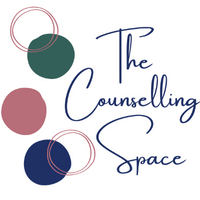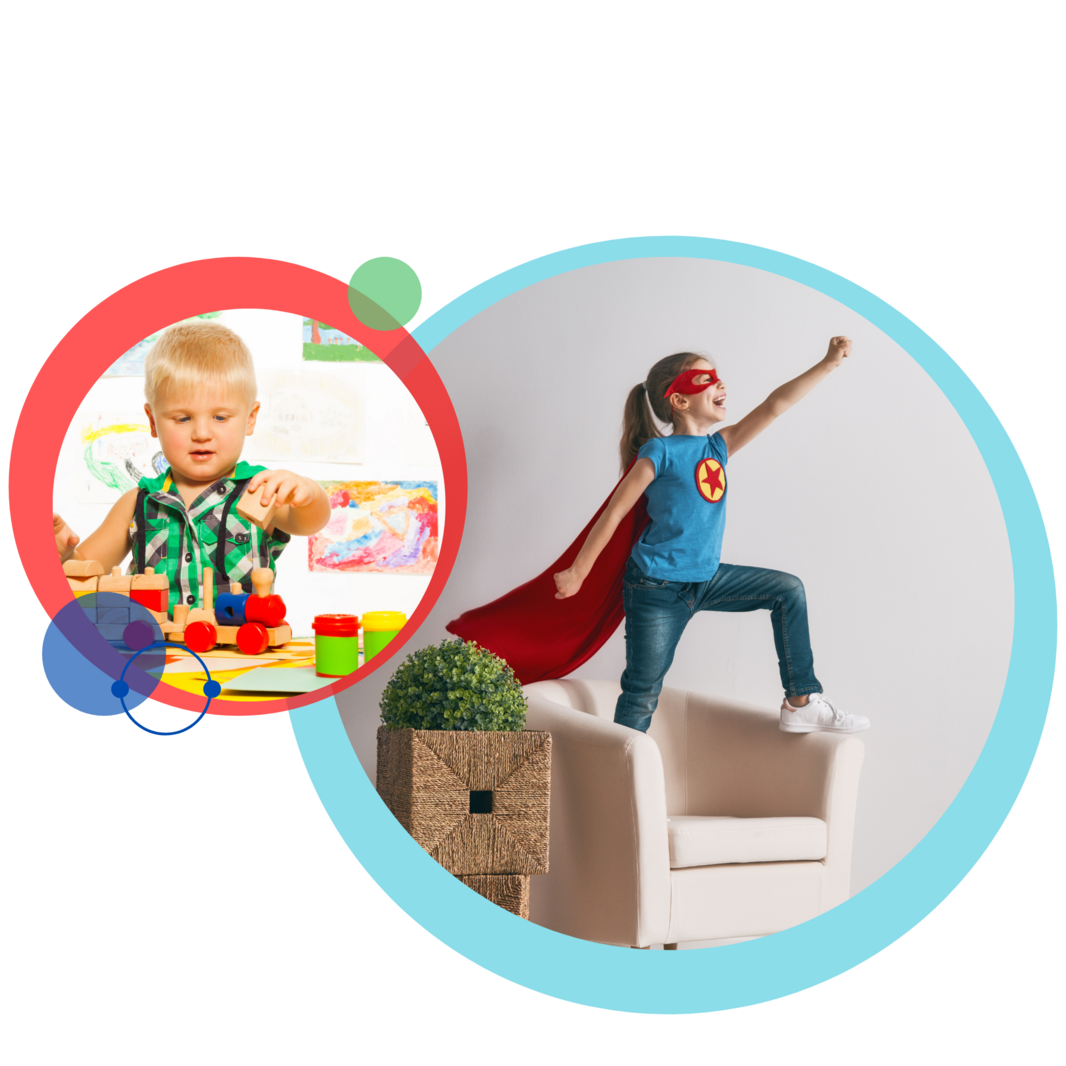Learn to Play
Play isn't easy!
We think of Play as something that comes easily to children.
But children develop play skills in different ways, and sometimes they need help.
If your child is between 18 months and 10 years and:
- seems unsure how to start a play scene
- has emotional difficulties in play
- is anxious in social situations
- wants to play with others but struggles
- has delayed language skills
- or destroys the play scenes of peers
the Learn to Play program can help.
The Benefits of Learn to Play
Pretend Play (Imaginative Play) is how children learn about the world. Learn to Play uses pretend play to build a range of skills for your child.
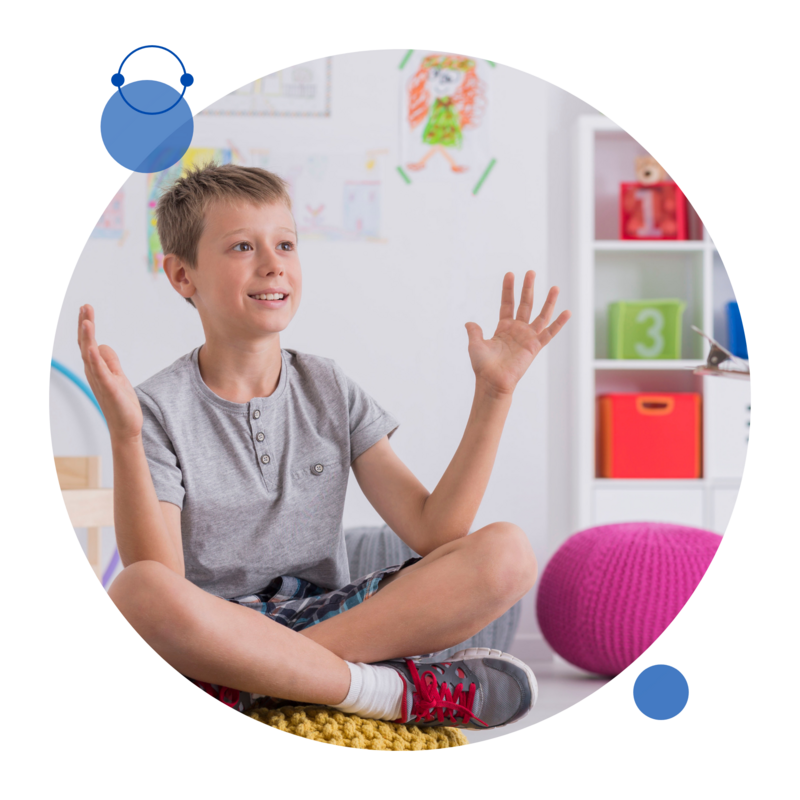
Feelings
Identify them in the body
Build emotion language
Express emotions
Manage big feelings
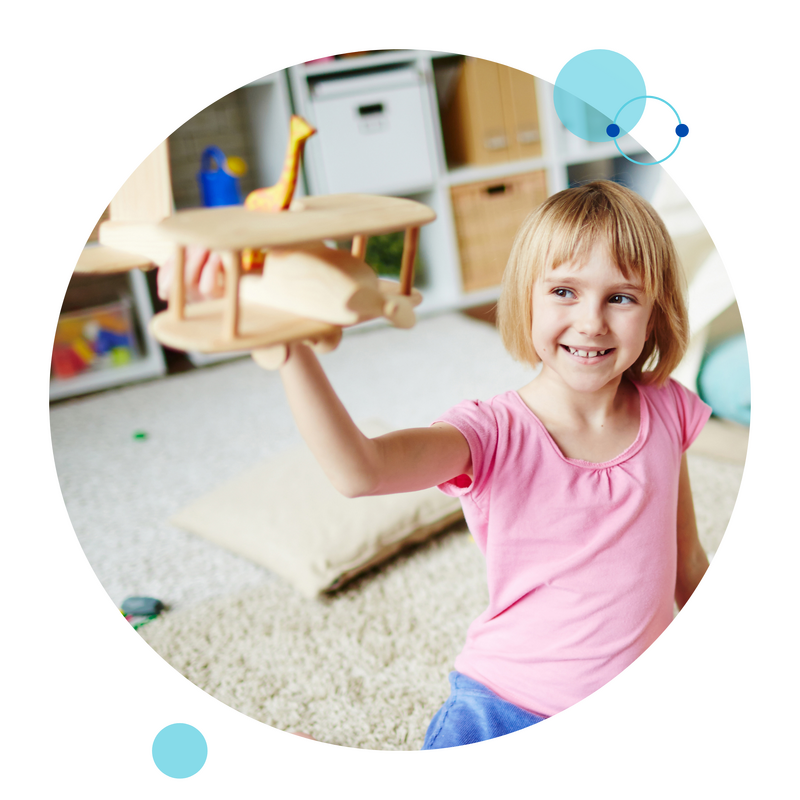
Understanding
Problem solving
Extended attention
Logical sequencing
Navigate the world
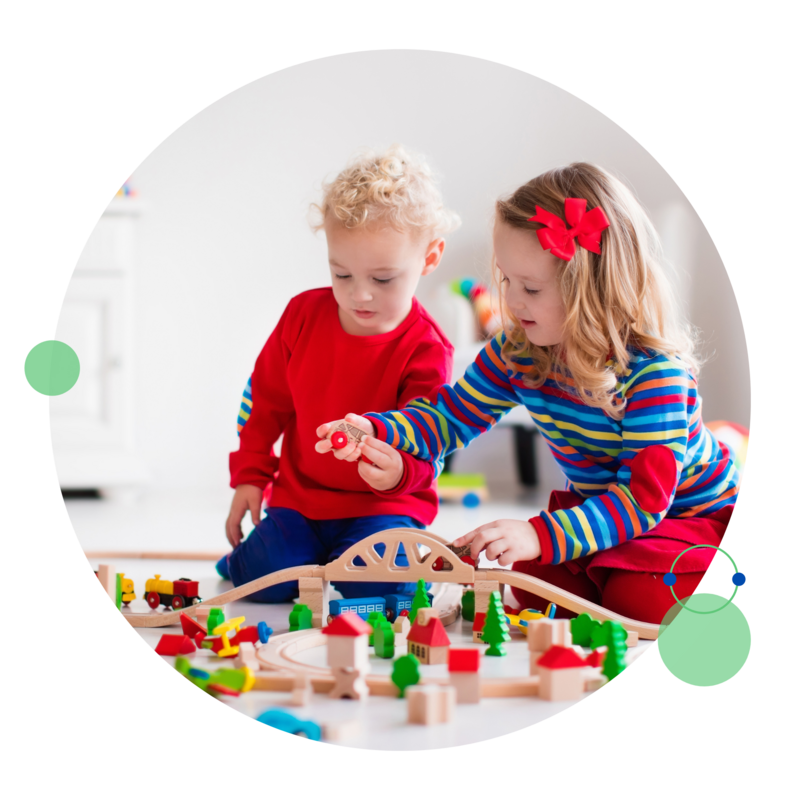
Social
Turn taking
Playing with others
Playing alone
How to do friendships
How to care for self

Language
Story telling
Linking words
Build vocabulary
Use body language
Develop narrative
Stating needs
Note: if your child plays happily but differently from their peers, talk with us about whether our Learn to Play or ND (NeuroDivergent) Centred Play Therapy options would be more helpful.
"Our son used to stay apart from the other children and it broke my heart seeing him so alone, just watching them.
Now he joins in, laughs and has fun. His confidence has improved and he doesn't have so many meltdowns. His kinder teacher has really noticed the difference.
He is still his own quirky self, but happier and less anxious."
-Jen
Mum to 4 year old*
* Confidentiality is super important at The Counselling Space, so no names are shared
What's involved with Learn to Play?

Meet with Angie
It's important we have a good understanding of your child: their background, what they like to do, what they don't like, the kind of person they are, and what you might be worried about.
It's also important to know about you and your family, so we can work alongside you, your values and your parenting style.
This background session with Angie is just for you as the parent/s or carers (your child does not attend). It also gives you the chance to ask whatever questions you need to be sure this is the right program for your child.
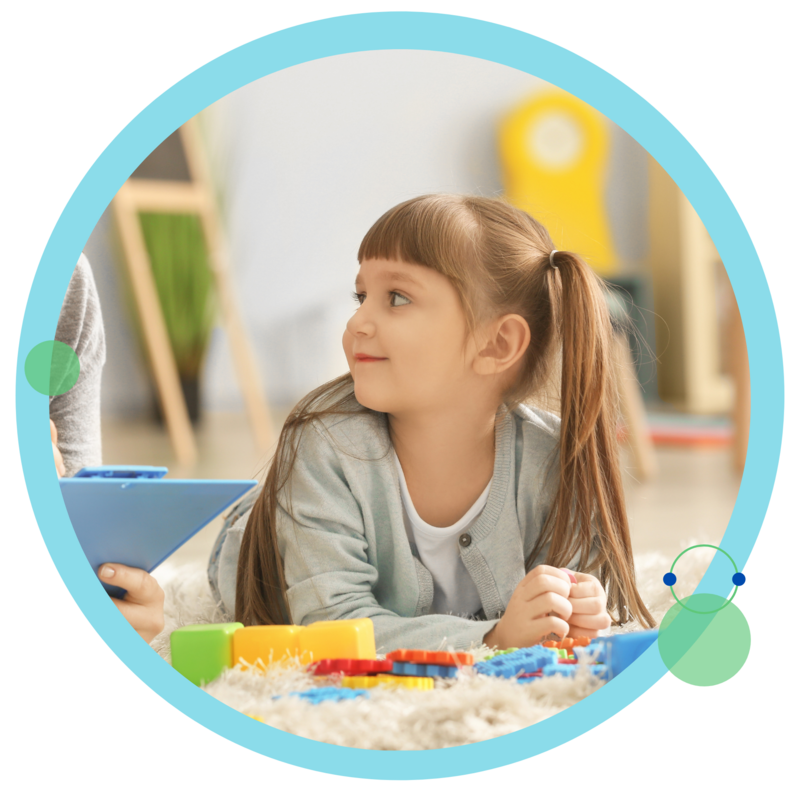
Play Assessment
Angie meets with your child for an assessment of their current play skills.
Angie uses a researched and evidence based play assessment process to determine your child's developmental play skill levels compared to their chronological (actual) age. This helps us develop a plan for your child tailored just for their learning needs. Angie will make the results of the assessment available to you as well as your child's GP and kinder/school if you wish.
(The assessment is play-based, casual and friendly, and most children really enjoy it.)
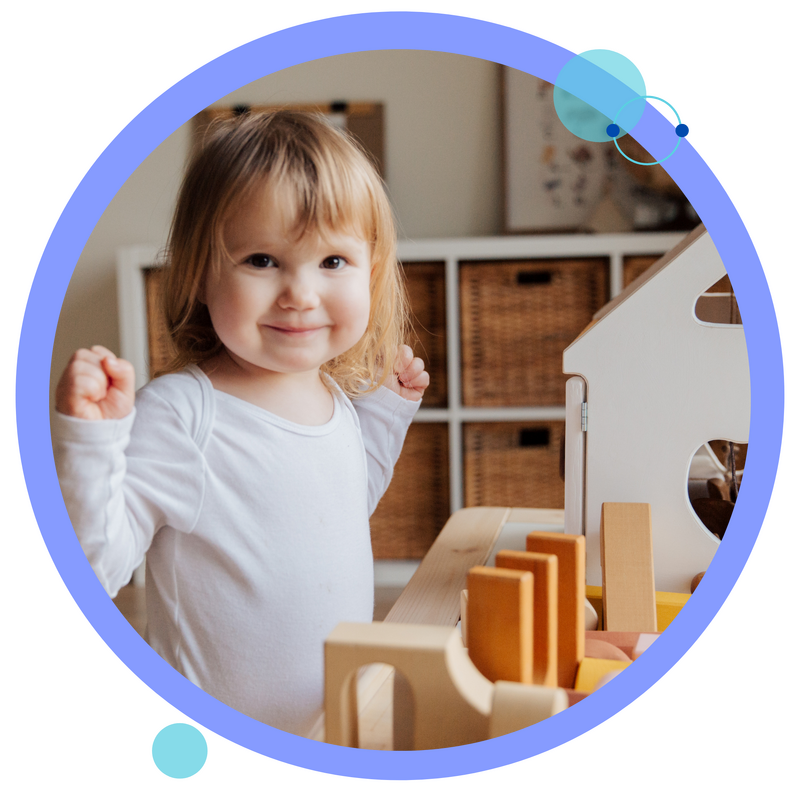
Play Sessions
Angie will meet weekly or fortnightly with your child for individual Learn to Play sessions. Each session is developed to build specific play skills for your child.
Angie provides feedback to you during the course of the program, and finds out from you how your child is progressing at home and at kinder/school.
Generally between 8 - 12 sessions are needed (more may be suggested if your child is neurodivergent - eg is autistic or is an ADHD'er*, though our ND Centred Play Therapy may be more appropriate).
* At The Counselling Space we use identify first language, as preferred by most in the neurodivergent communities.
How do I refer my child to
Learn to Play?
Please feel welcome to contact Angie directly to discuss whether your child would benefit from the Learn to Play program (or other accredited play therapy approaches).
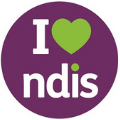



To find out more about the
Learn to Play
program, or to register your child for the next available appointment, please call us on 0488 432 165
DOWNLOAD Learn to Play Pamphlet for Parents and Carers
“Almost all creativity involves purposeful play”
Abraham Maslow
Psychologist
“Play is our brain’s favourite way of learning”
Diane Ackerman
Naturalist and Poet
